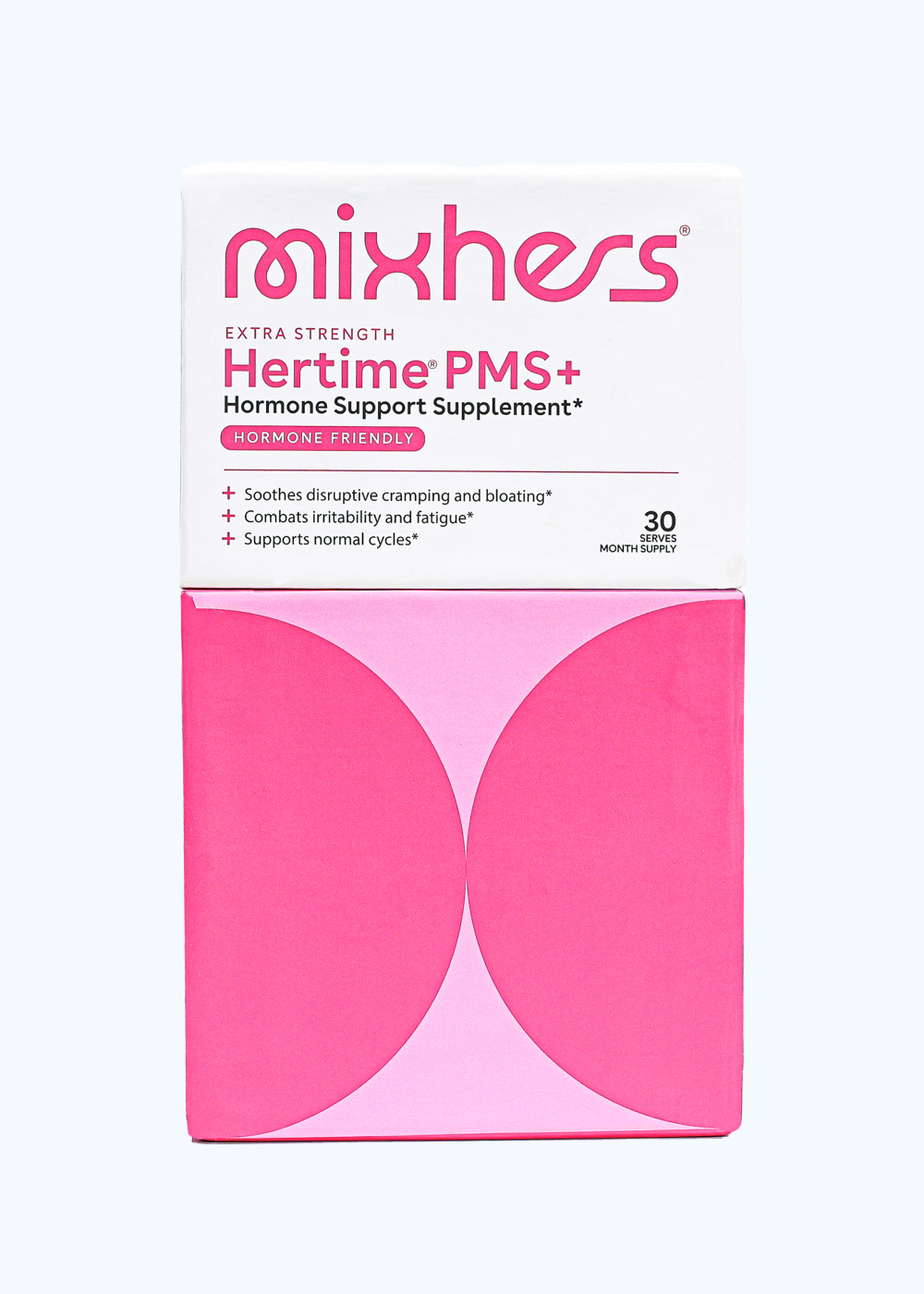Are you going through tampons by the box every month? Could your period length be something you need to worry about, and could it interfere with your pregnancy goals and overall menstrual cycle? Many of us have questions like these, and that’s totally OK! The female menstrual cycle can be a little mysterious and outright confusing.
To help make your search for period knowledge as easy as possible, we’ve compiled this brief guide to healthy periods and typical menstruation times. We want you to know what is normal and what isn’t.












